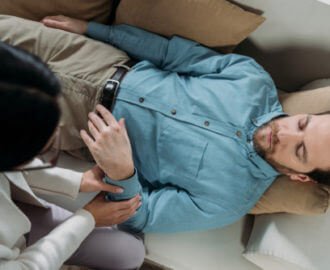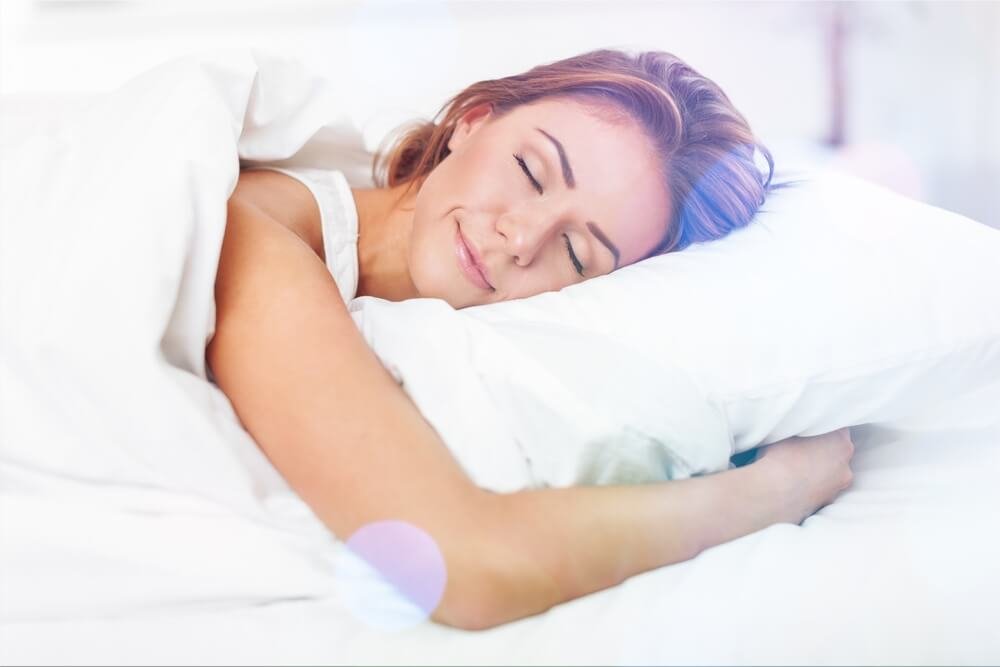Hypnosis for Sleep
It’s 2 AM and you haven’t had an ounce of sleep. The struggle is real. Besides feeling tired, poor sleep can lead not just to accidents but serious health issues like heart attack, diabetes, and stroke. You want to try alternative treatments and you wonder, “Is hypnosis for sleep worth considering?”
Before we talk about using hypnotherapy to get you a good night’s sleep, we’ll share some common sleep problems.
Common Sleep Disturbances
Insomnia
Insomnia is a sleep disorder characterized by difficulty in falling asleep, staying asleep, or waking up early and not being able to go back to sleep. According to Sleep Foundation Org, about 30-40% of the general population has brief symptoms of insomnia while 10% struggle with chronic insomnia.
Several factors such as stress, work schedule, poor sleep habits, or other medical or psychological issues can cause insomnia.
Parasomnias
These are unusual behaviors before, during sleep, or upon waking up. Three common parasomnias are nightmares, sleep talking, and sleepwalking.
Nightmares are disturbing dreams that can wake you up in cold sweat. Though most occur randomly, anxiety, depression, and sometimes blood pressure medication can trigger nightmares.
On the other hand, sleep talking or somniloquy is when you talk during sleep unconsciously. It can happen to anyone but it’s quite common in kids and men. The spoken words may be completely random or linked to an event in the past or present.
Sleep talking is associated with fever, stress, alcohol intake, and mental health issues.
Meanwhile, sleepwalking or somnambulism is when you do some simple complex behaviors even when in deep sleep. Some people do a routine, run, or even go down a flight of stairs while sleeping. They might have this blank stare while doing these actions.
This parasomnia happens more in children than adults. A 2015 long-term study found that it occurs in 29% of children aged 2-13 years old with a peak in incidence from ages 10 to 13.
Certain factors such as genetics and family history, stress, fever, and some sedatives can increase the likelihood of sleepwalking.
Interestingly, all these parasomnias are linked to sleep deprivation.
That’s why you need to get some shut-eye ASAP.
Hypnosis for Sleep: What Do Studies Say?
With hypnotherapy, the hypnotist will guide you using verbal cues to relax more deeply and encourage restful sleep. It may also involve techniques such as progressive muscle relaxation and guided imagery.

Now, let’s talk about some research that shows how hypnotherapy can help you sleep better throughout the night.
In 2008, a review showed that people with acute and chronic insomnia responded to hypnosis. Also, it was successful in treating parasomnias such as bedwetting, head and body rocking, and sleepwalking.
Hypnosis can also improve sleep quality. In particular, it positively impacts a part of the sleep cycle, deep sleep, according to a 2014 research. Deep sleep or slow-wave sleep (SWS) is essential to restore the body’s energy, repair bodily tissues, and strengthen the immune system.
In this study, the researchers noticed that the amount and duration of SWS sleep increased under hypnosis in young healthy females.
More recently, a 2018 systematic review published in Journal of Clinical Sleep Medicine showed that almost 60% of the 139 studies showed hypnosis as beneficial in addressing sleep problems.
As you can see, hypnosis can be a promising, cost-effective, and non-invasive solution to calm your mind and solve your sleeping problems. Plus, it doesn’t have the adverse side effects many sleeping pills have. Carla Chalah, certified hypnotherapist and owner of Hemisphere Hypnotherapy and EveryBody in Mind Wellness Center is offering some wonderful upcoming online events: Free Online Stress Release Guided Meditation to benefit Yoga Reaches Out Supporting Boston Children’s Hospital and Online Group Hypnosis for Better Sleep.
But before you download hypnosis apps, be warned that nothing beats trusted professionals with expertise, knowledge, and experience.
By the way, besides helping you fall asleep, did you know hypnosis is also used for losing weight and for reducing anxiety?
Have you ever tried hypnotherapy?


